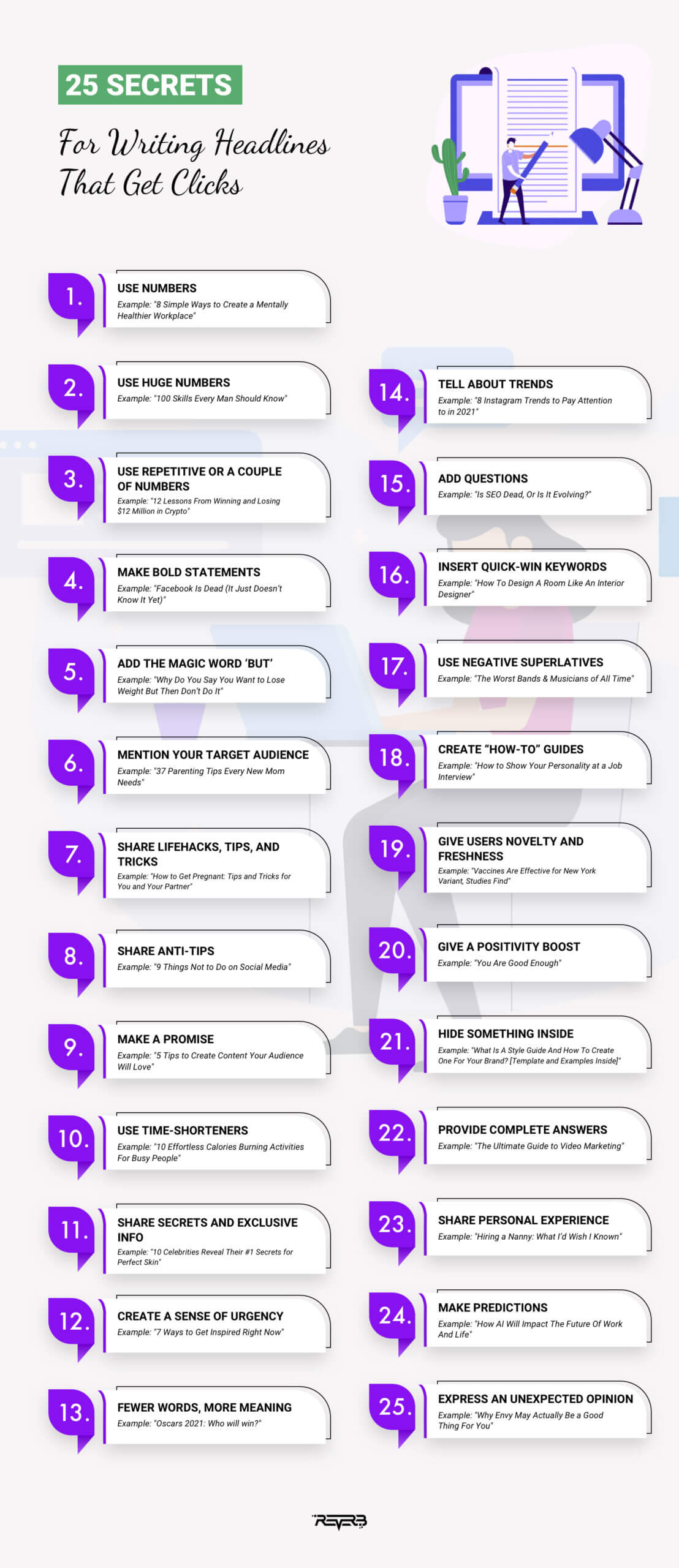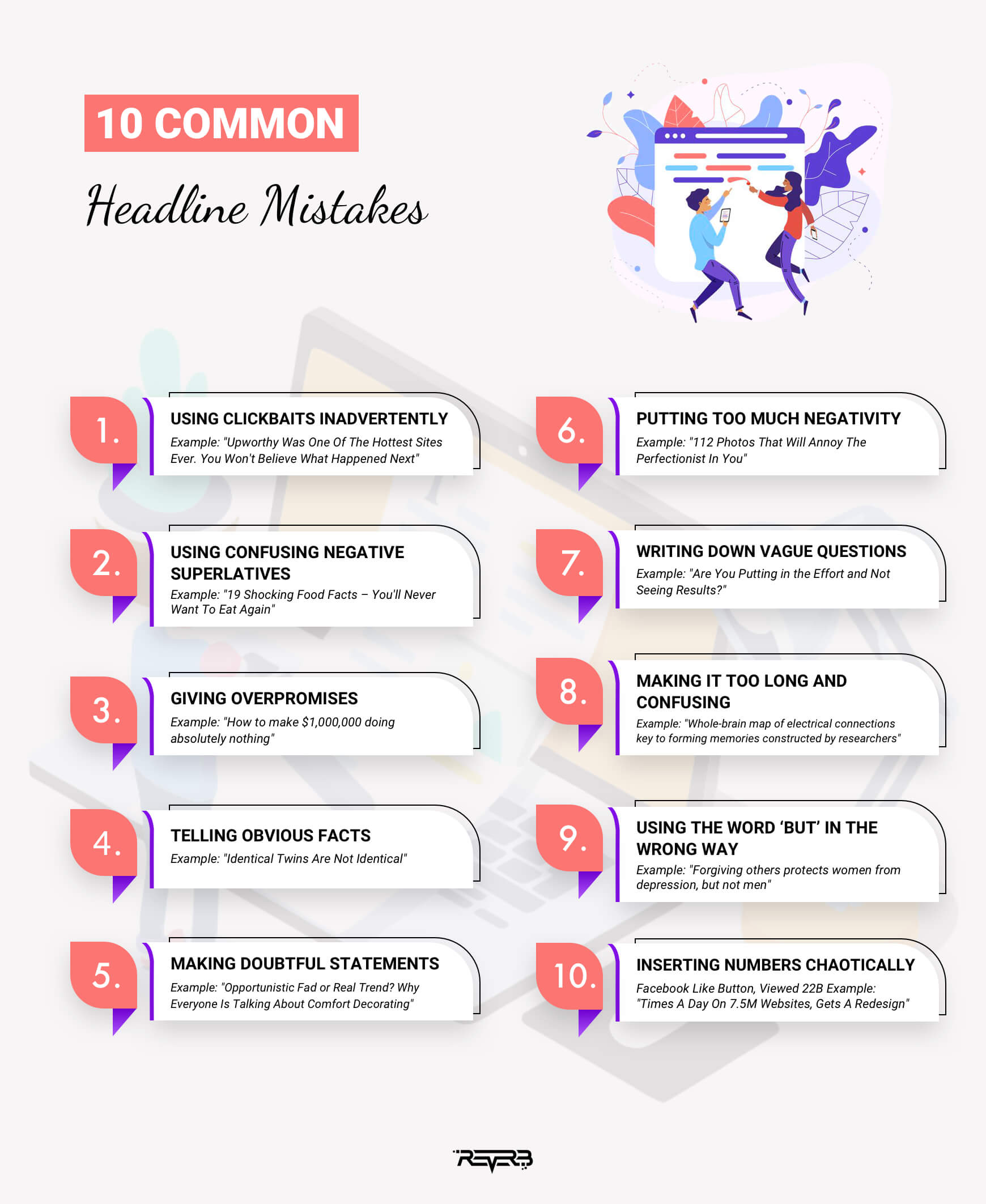Marketing is about a rare combination of creativity and facts.
Such a discipline teaches how to connect clients and suppliers to make everyone happy. With constant competition growth, marketing has become more crucial than ever.
No wonder so many businesses rely on the marketing team to promote their products and services. In fact, no business can survive in the given economy without a professional marketing team behind them.
Of course, this profession has grown in popularity and dependence ever since the rise of social media and the Internet. However, the digital world means a bigger platform for promotion and higher competition in the market. Businesses must work hard and take every opportunity to stand out among others.
Content creation is one of the spheres businesses can truly turn the odds in their favor and show their uniqueness and advantages over others. Yet, good content is also a rare gift these days. It relies on professional writing, perfect grammar, SEO skills, understanding the business niche, and much more.
Lastly, all successful online marketing campaigns start with a strong topic for each article. Indeed, it is the only way to fight for attention and clicks in the digital realm. The art of creating a good title may determine the venture success of not only a marketing campaign but the business as a whole.
Titles are often the hardest to compose. These one-liners have to communicate the main idea and deliver the biggest promise of the entire work. Don’t rush to get desperate, though. I’ll share the top writing strategies you should use in the next title writing to promote a business.
Why Do Titles Matter?
Businesses have few opportunities to attract new customers or re-establish their relationships with old customers. They rely on marketing teams to create constant reminders, rebranding, and advertising campaigns that can draw attention to their products. However, in this modern age, the digital realm occupies the main focus of such marketing strategies. Online representation matters greatly, so all businesses seek ways to communicate with clients via content.
No matter how great your posts and articles are, if no one is interested in reading them. Why is it so? Well, online users spend only a few seconds on each title to decide whether to open it. So, if you can’t ‘catch’ users with a good title, you can’t convince them of the benefits of your article. It all either starts or ends with a title. Let’s see how to make a good one.

5 Proven Tips To Come Up With Excellent Titles
1. Know your audience
Any title has to start with an audience. Businesses must know their potential readers and exciting audience. Hence, marketing specialists should develop a strategy to lure these people in with catchy titles and exciting topics. Such ideas should rely on business research and a proper understanding of what their audience needs and wants.
Next, they should formulate these needs in a strong, catchy title. After all, the title is the first thing people learn about the paper. A well-written title makes a good expression and promises an interesting further read.
2. Be precise
There is a place and time for being abstract. Title writing is not that. Here, you have to be concise, accurate, and on point. A title is the summary of the general idea of the text. It shouldn’t give away the whole plot or final thoughts. It must briefly outline what the text covers, its central theme and topic, and optionally your stance on it.
Overall, the fewer words you use in the title, the easier it is to catch the essence of the article. It leaves less room for confusion. Readers should get a clear idea of what they receive by opening this link. Plus, users are most likely to finish reading the title in the first place.
3. Deliver on your promise
Users often leave a webpage after ten or twenty seconds after opening it. Why does it happen? They quickly scroll through the article and don’t find what they were expecting to find.
So what are we trying to say here? Don’t write titles you can’t back up. In other words, always deliver on your promises at the top of the page.
If you ask a question – make sure to dedicate an entire paper to answering it. If you work on the comparison, be neutral and save equal time and effort for both sides of the argument. Overall, your title is the short version of a thesis statement. It informs people about the nature of the article, what to expect, and what it covers. There must be a direct correlation between what the title says and what you mention in the text.
Here are a few additional tips to achieve that:
- Always provide evidence: A good article is incomplete without sources, facts, and other evidence from reliable sources.
- Narrow down the topic: It’s hard to deliver on a too broad and generic topic. Instead, it’s best to narrow down the topic to a single argument or question.
- Make sure you can back up your arguments: Each argument should appear complete and logical. Explanatory sentences, evidence, and a conclusion should support each sentence and main idea.
- Avoid some absolute title writing don’ts depicted below.

4. Motivate readers to learn more
A title should sound promising and exciting enough to spark readers’ attention. It shouldn’t sound like too much work. Hence, you want to motivate users to engage without exhausting them with the very idea of reading your offer.
Some businesses tend to overdo it with titles, appearing too cheerful, aggressive, unrealistic, or overly emotional. You want the opposite. A good title promises a good deal. Hence, it encourages people to open an article without pressuring them to do so.
5. Use keywords
Keywords are essential for clients and marketing campaigns. The latter must apply the right keywords to attract as many users as possible. However, the way it’s done is by promising to read what they are searching for in the first place. Thus, a business article will most likely appear in search results when users type in relative keywords.
Also, a person is most likely to discover, notice, and open your article if they spot the right keywords in your article’s title. See how the ‘WritePaperForMe online’ title perfectly represents what students seek from writing online services. It is an excellent example of keyword use in the page name.
Conclusion
Successful marketing comparing online starts with a single title. It all comes down to how much you interest and engage users by naming your articles and learning what your potential clients want to read.
Hopefully, these simple tips will be helpful and guide you in creating the perfect title to market your business.
Still unsure how to create an engaging title that will catch your audience’s attention? Trust ReVerb with this task. We’ll help you generate a solid content marketing plan to drive qualified leads and boost brand awareness.







